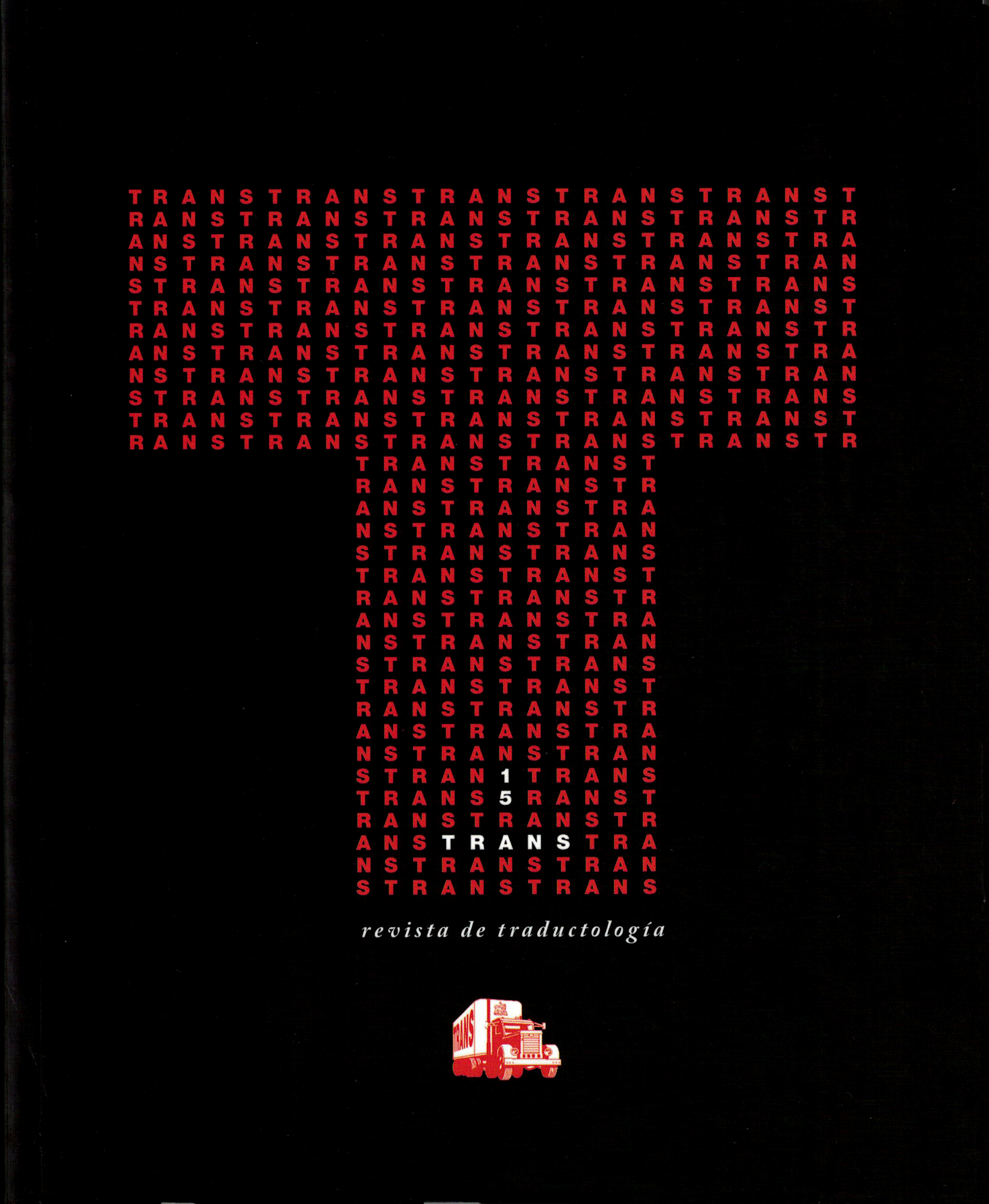Accrediting Interpreters through Translation: Critical analysis of legal interpreting accreditation schemes in Spain.
DOI:
https://doi.org/10.24310/TRANS.2011.v0i15.3207Keywords:
public service interpreting, court interpreting, police interpreting, sworn translation-interpreting, legal translation, professional accreditation, translation competence assessment, qualityAbstract
In numerous countries professionalization in the field of public service translation and interpretation has been linked to the existing accreditation practices. This is how the authorities establish the academic requirements to enter the profession, in addition to the skills and competences that any professional wishing to work in this field must possess. In this article a critical analysis of the professional accreditation systems that exist in Spain for legal interpreters (both sworn interpreters and staff court and police interpreters) is presented. This analysis will be carried out on the basis of a series of considerations regarding translation competence assessment as highlighted by the specialised bibliography in the field. It must be noted that existing accreditation schemes in Spain are mainly built up on translation-focused tests.Downloads
Metrics
Publication Facts
Reviewer profiles N/A
Author statements
Indexed in
-
—
- Academic society
- N/A
- Publisher
- Universidad de Málaga
Downloads
Published
How to Cite
Issue
Section
License
All contents published in TRANS. Revista de Traductología are protected under the Creative Commons Attribution-NonCommercial-ShareAlike 4.0 International (CC BY-NC-SA 4.0) license. All about this license is available in the following link: <http://creativecommons.org/licenses/by-nc-sa/4.0>
Users can copy, use, redistribute, share and exhibit publicly as long as:
- The original source and authorship of the material are cited (Journal, Publisher and URL of the work).
- It is not used for comercial purposes.
- The existence of the license and its especifications are mentioned.
- ShareAlike — If you remix, transform, or build upon the material, you must distribute your contributions under the same license as the original.
There are two sets of authors’ rights: moral and property rights. Moral rights are perpetual prerogatives, unrenounceable, not-transferable, unalienable, imprescriptible and inembargable. According to authors’ rights legislation, TRANS. Revista de Traductología recognizes and respects authors moral rights, as well as the ownership of property rights, which will be transferred to University of Malaga in open access.
The property rights are referred to the benefits that are gained by the use or the dissemination of works. TRANS. Revista de Traductología is published in an open access form and it is exclusively licenced by any means for doing or authorising distribution, dissemination, reproduction, , adaptation, translation or arrangement of works.
Authors are responsable for obtaining the necessary permission to use copyrighted images.













21.png)
